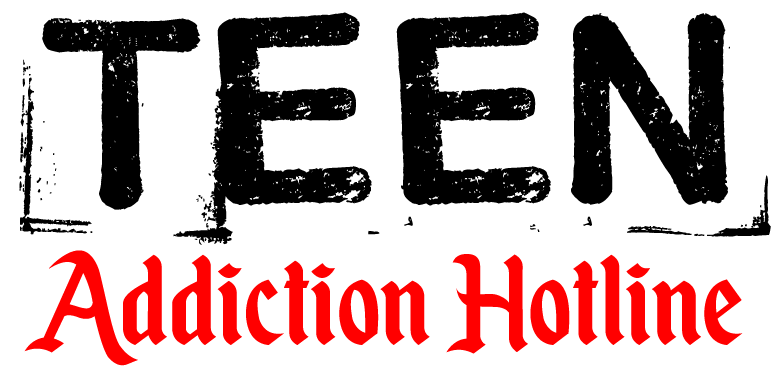Kansas Teen Addiction Hotline
Kansas Teen Substance Abuse Helpline
Commonly abused substances among Kansas teenagers include alcohol, marijuana, tobacco, prescription drugs, and occasionally other illicit drugs like methamphetamine or opioids. Factors contributing to teenage substance abuse in Kansas are similar to those found in other states, including peer pressure, stress, easy access to drugs, family dynamics, and environmental influences.
Addressing teenage substance abuse in Kansas involves a comprehensive approach that includes prevention, education, early intervention, and treatment programs. Schools, community organizations, healthcare providers, and government agencies often collaborate to provide resources and support for at-risk teenagers.
Prevention programs aim to educate young people about the risks associated with substance abuse and provide them with the skills and knowledge to make healthier choices. School-based prevention efforts, community outreach, and peer support networks play a crucial role in raising awareness and promoting drug-free environments.
Early intervention is vital for identifying and assisting teenagers who may be experimenting with or at risk of developing substance abuse problems. Early identification can prevent escalation into more severe issues and provide necessary support to teenagers and their families. If you need immediate medical attention, call 911 Now.
Substance Abuse Statistics Kansas Teenagers
Teenagers in Kansas are 19.51% less likely to have used drugs in the last month than the average American teen as reported by the National Center for Drug Abuse Statistics (NCDAS)
- 16,000 or 6.70% of 12- to 17-year-olds report using drugs in the last month.
- Among them, 75.00% report using marijuana in the last month.
- 11.73% of all 12- to 17-year-olds report using marijuana in the last year.
- 0.42% reported using cocaine in the last year.
- 0.42% report using methamphetamines.
- Up to 0.21% used heroin (data is limited).
- 2.51% report misusing pain relievers.
- 10.06% of all 12- to 17-year-olds used alcohol in the last month.
- They’re 9.92% more likely to use alcohol than the average American in their age group.
- 96,000 adults aged 18- to 25-years-old used drugs in the last month.
- 18- to 25-year-olds in Kansas are 6.91% less likely to use drugs than the average American in the same age group.
- 2.93% of teenagers aged 12- to 17-years-old met the criteria for IDUD in the last year.
- 2.10% of teenagers aged 12- to 17-years-old met the criteria for AUD in the last year.
Kansas National Teen Drug and Alcohol Abuse Hotline
The Kansas Teenager Addiction Hotline is a nationwide resource for teens struggling with substance abuse. Call (888) 351-0084 to speak with a professional substance abuse specialist. The Kansas Teen Addiction Hotline trained counselors are available 24/7, ready to provide a safe and non-judgmental space for you to talk about your concerns.
24/7 Free Confidential Hotline
Remember, your call is confidential, and you can share as much or as little as you feel comfortable. We respect your privacy and are here to support you in a way that best suits your needs.
Kansas Teenager Addiction Resources
Kansas Behavioral Health Services and Programs
The Behavioral Health System in Kansas offers an array of services for persons and communities in need of prevention, treatment and recovery services. Kansas is a community-based services state, meaning that the system is designed in such a way as to ensure that individuals can receive necessary services in their community, instead of in an institution, whenever possible.
First Call Kansas City
First Call KC provides clinical, educational, and prevention services to individuals and families in Greater Kansas City impacted by substance use disorders. Our prevention and recovery services impact over 60,000 individuals each year in the Kansas City area.
The Kansas Prevention Collaborative
The Kansas Prevention Collaborative (KPC) is a service of Kansas Department for Aging and Disability Services (KDADS). A partnership of several different state, educational, and provider agencies, the KPC’s goal is to expand prevention efforts to be more inclusive of mental health promotion, suicide prevention, and problem gambling education and awareness, as well as to increase the availability of resources for local-level prevention and promotion strategic plans.
